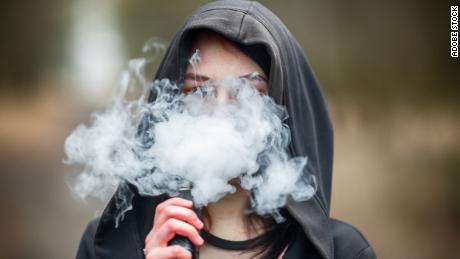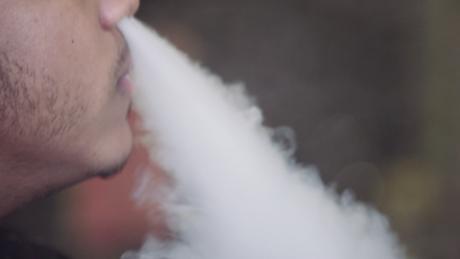“The proposed product standards would, among other things, improve the health and reduce the mortality risk of current smokers of menthol cigarettes or flavored cigars by substantially decreasing their consumption and increasing the likelihood of cessation. This is another important move forward in the agency’s efforts to combat youth tobacco use and promote health equity.”
This landmark proposal could have a big impact on public health, experts said.
A long time coming
An equity issue
The tobacco industry has heavily marketed menthol products to communities of color and other minority groups.
“Today marks the beginning of the end of menthol cigarettes — a truly historic moment for public health. For decades, tobacco companies have intentionally pushed menthol cigarettes to hook young people on their deadly products and implemented racist marketing practices to intentionally target Black Americans; the resulting health consequences have been devastating,” Dr. Julie Morita, executive vice president at the Robert Wood Johnson Foundation advocacy organization, said in a statement.
“The proposed rules would help prevent children from becoming the next generation of smokers and help adult smokers quit,” Health and Human Services Secretary Xavier Becerra said in a statement Thursday. “Additionally, the proposed rules represent an important step to advance health equity by significantly reducing tobacco-related health disparities.”
A switch to flavored cigars
After the 2009 Tobacco Control Act banned flavored cigarettes, many smokers who preferred flavors — especially children — may have shifted to flavored cigars, including menthol and “kid-friendly” flavors like fruit punch, strawberry and grape.
The FDA said that the use of flavored cigars “increased dramatically” and that public health goals may have been “undermined” by the availability of these products. More than half a million youth in the US smoke flavored cigars, according to the FDA.
Flavored cigars and cigarillos are especially popular among children, particularly Black and Hispanic kids, who are twice as likely to smoke them as their White classmates.
In 2020, more young people said they tried a cigar every day than tried a cigarette.
“A prohibition on menthol cigarettes and flavored cigars would mark a historic turning point in the decades-long battle against tobacco use and the epidemic of tobacco-related disease,” Nancy Brown, CEO of the American Heart Association, said in a statement Thursday. “The science is clear: Menthol cigarettes have an adverse impact on public health and have no public health benefits as compared to non-menthol cigarettes. They increase the likelihood and degree of addiction among youth smokers, elevating the number of premature deaths from tobacco use. Their removal from the market would have enormous benefits for public health in this country.”
Individual consumers wouldn’t be prosecuted
If enacted, the FDA was careful to note, the rule will address only tobacco companies and the industry. The agency, as well as state and local law enforcement, does not independently enforce FDA rules.
The proposed rule would not prosecute individual consumers for possessing menthol products.
Other groups, like the NAACP and many members of the Congressional Black Caucus, are in favor of a ban.
“The targeting and marketing of menthol flavoring by the tobacco industry have had a devastating impact on our community. Menthol-flavored cigarettes have induced many children and adults, resulting in lifelong addictions, health challenges, and ultimately killing our loved ones,” the NAACP said in a statement. “Today is a huge win for equity, justice, and public health concerns.”
The FDA said Thursday that it “recognizes concerns related to how state and local law enforcement may enforce their own laws in a manner that may impact equity and community safety, particularly for underserved and underrepresented communities. The FDA is seeking comment on, among other things, how it can best make clear the respective roles of the agency and state and local law enforcement, as well as policy considerations related to the potential racial and social justice implications of the proposed product standards.”
Califf said this is something the agency will address more in the future.
“We take these concerns seriously,” he said. “Let us make one thing abundantly clear. These measures and related enforcement would be on the tobacco industry, not individuals who possess or use these products.”
Next up: Public comment period
An FDA ban on menthol and flavored cigars won’t go into effect right away.
The next step will be a comment period that will run from May 4 through July 5. The FDA will also hold public listening sessions June 13 and 15.
The agency is then expected to take time to review the comments before a rule becomes finalized.
The rule would take effect one year after the final version is published. Public health experts are confident that tobacco companies will also try to stop the ban by suing the agency, as the companies have with past tobacco-control legislation.
“This is not trivial,” Califf said. Tobacco-related deaths are high, he noted, and so are tobacco-related illnesses.
“My plea is that we not lose our sense of urgency about this,” he said. “Literally, lives can be saved.”








